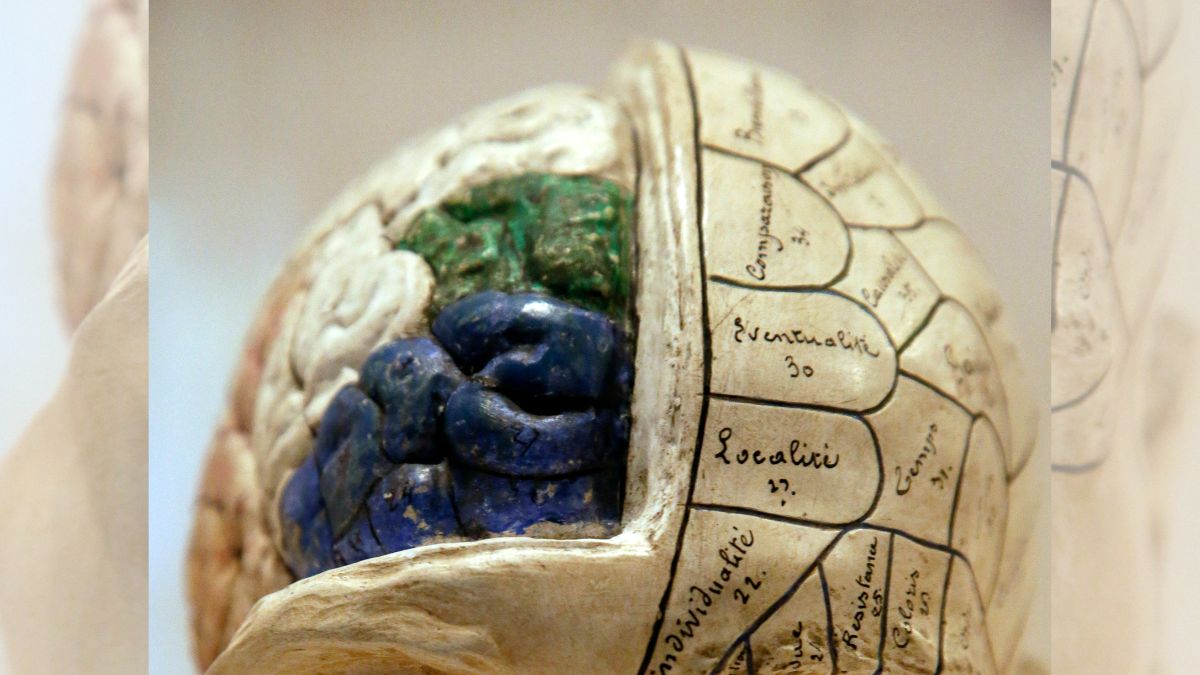Every year on July 22, is observed as World Brain Day, a crucial reminder of the incredible organ that orchestrates our every thought, action, and emotion. This year, let’s focus on a particularly concerning threat to brain health: brain tumours. These abnormal growths within the brain, while relatively rare, can have a profound impact on individuals and their families. World Brain Day presents a vital opportunity to raise awareness about brain tumours, emphasising the importance of early detection and understanding the latest advancements in treatment.
Brain tumours are classified based on their site of origin and nature. They can either be primary or secondary, and they can be benign or malignant. Primary brain tumours are those that form within the brain and are grouped according to the involved cell type, like gliomas, meningiomas, pituitary adenomas, and nerve sheath tumours. Meanwhile, secondary brain tumours start somewhere else in the body and then spread to the brain.
Brain tumours may present with very different symptoms as a consequence of differing locations, sizes, and rates of tumour growth. The most common symptoms are persistent headaches, which are usually worse in the morning or after some physical exertion, and nausea and frequent vomiting due to increased intracranial pressure.
Seizures of different types and intensities can also point toward a brain tumour. There may be visual disturbances, including blurred vision, double vision, and loss of peripheral vision; auditory problems, like ringing in the ears; or hearing loss. Other common symptoms include cognitive changes such as memory problems, confusion, and difficulty concentrating.
Changes in personality, mood swings, and behavioural changes, as well as motor dysfunctions like muscle weakness or paralysis in the parts of the body and loss of balance and coordination, can also indicate that one has a brain tumour. The exact causes of brain tumours remain unknown, but several risk factors have been identified.
Impact Shorts
More Shortsamong genetic factors, one finds involvement in inherited conditions such as neurofibromatosis, LiFraumeni syndrome, and Turcot syndrome. Past exposure to high doses of ionising radiation, mostly coming from radiation therapy, is also a known risk factor. A family history of brain tumours raises the risk of acquiring the condition. Advanced age, with most cases being diagnosed in those over 65. Also, gender: specific types of brain tumours, such as meningiomas, are very common in females.
Treatment options
Treatment is determined by the type of tumour, its locality, and stage, as well as by the general health of the patient. The most common forms of treatment include:
Surgery: If the tumour is accessible and surgical removal is considered safe, then surgical removal is the treatment of choice. The goal should be to remove as much of the tumour as possible while attempting to preserve neurological function.
Radiation therapy: High-energy beams kill tumour cells. This is often used when surgery is not possible or as an adjunct to surgery to kill the remaining cancer cells.
Chemotherapy: Chemotherapy involves medication to kill or slow the growth of cancer cells. The mode of administration is either oral or intravenous, and it may be given as a single treatment alone or combined with other treatments.
Targeted therapy: The drugs that have an action specific to the cancerous cells, leaving the normal cells intact, present fewer side effects. The action of these drugs occurs by interfering with the action of particular molecules involved in the growth and proliferation of the cancer cell.
Immunotherapy: Immunotherapy employs the body’s immune system to fight cancer cells. This is inclusive of therapies like immune checkpoint inhibitors and vaccines against cancer, which are under very active investigation for the treatment of brain tumours.
Supportive care: It involves physiotherapy, occupational therapy, and psychological support for maintaining a better quality of life for patients and their families.
It is important to do secondary research on brain tumours regarding types, symptoms, treatment options, causes and risks for their early detection and effective management. This will ensure that, with regular checkups and awareness of symptoms, timely intervention can be done to achieve better outcomes. More funding and research into this field will increase our knowledge and treatment of brain tumours, thereby giving those affected a chance at a good prognosis.
The author is Consultant, Neurosurgery, Manipal Hospital, Gurugram. Views expressed in the above piece are personal and solely that of the author. They do not necessarily reflect Firstpost’s views.


)

)
)
)
)
)
)
)
)



